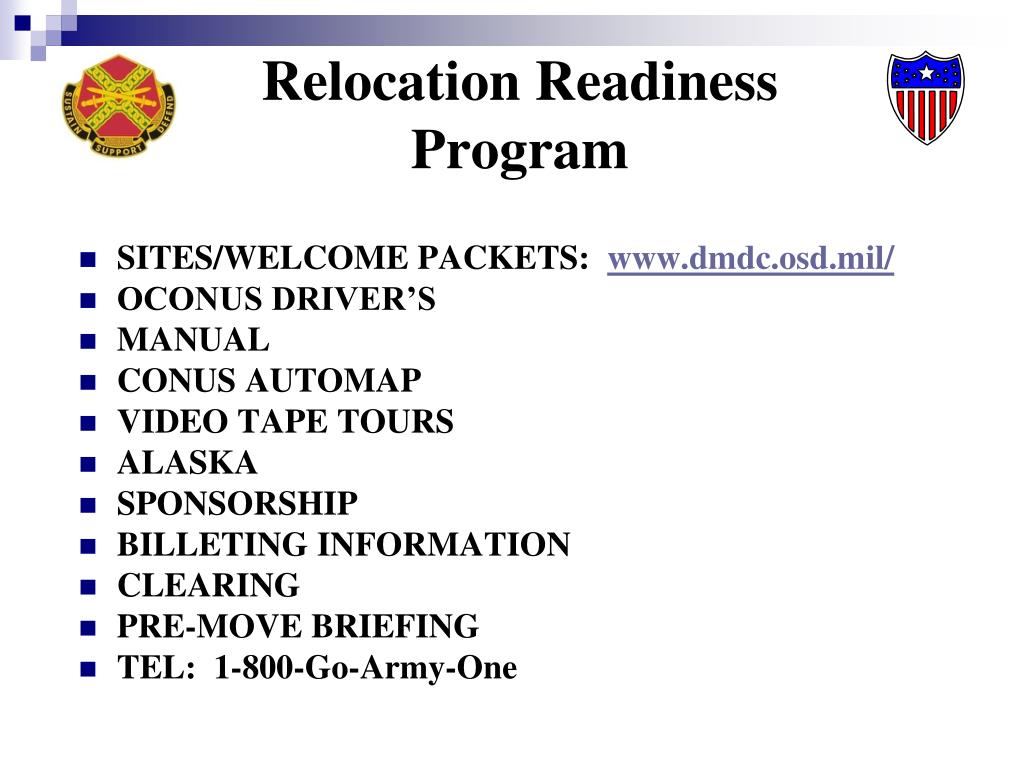

Benning was the commissioner from Georgia to the Virginia secession convention in which he tried to persuade Virginia politicians to vote to join Georgia in seceding from the Union. In March 1861, the Southern states that had seceded appointed special commissioners to travel to the other slaveholding Southern states that had yet to secede. presidency in 1860 on a platform opposing the expansion of slavery into the territories, Benning took an active part in the state convention that voted to secede from the Union, representing Muscogee County. Supreme Court on constitutional questions but that the two courts must be held to be "coordinate and co-equal." įollowing the election of Abraham Lincoln to the U.S. In 1853, he was elected an associate justice of the Georgia Supreme Court, where he was noted for an opinion that held that a state supreme court is not bound by the decisions of the U.S. Congress as a Southern rights Democrat but was not elected. In a letter to Howell Cobb written in July 1849, he stated that a Southern Confederacy would not be enough because it might itself eventually become divided into northern and southern regions as slavery waned in some of the states, and he called for a Southern "consolidated Republic" that "will put slavery under the control of those most interested in it." politics and an ardent secessionist, bitterly opposing abolition and the emancipation of slaves. He was admitted to the bar at the age of 21.īenning was active in Southern U.S.

After college, he moved to Columbus, Georgia, which would be his home for the rest of his life. While a student, he was a member of the Phi Kappa Literary Society. He attended Franklin College (now the University of Georgia), graduating in 1834. Fort Benning was named in his honor.īenning was born on a plantation in Columbia County, Georgia, owned by his parents Pleasant Moon and Malinda Meriwether White Benning, the third of eleven children. Following the Confederacy's defeat at the end of the war, he returned to his native Georgia, where he lived out the rest of his life. He commanded "Benning's Brigade" during the American Civil War. He also was a lawyer, legislator, and judge on the Georgia Supreme Court. Recent reviews from other mil-fams are a great place to start when researching Columbus neighborhoods and getting the real scoop.Henry Lewis Benning (Ap– July 10, 1875) was a general in the Confederate States Army. Anyone who has been stationed at Fort Benning in the last five years can confirm that Fort Benning and the surrounding area have come a looooong way since the 90’s, which is undoubtedly how old these rumors are, if not older.

Ladies and gentlemen, this is seriously bad intel. You’ve probably heard the rumors too: Fort Benning is miserable…don’t live in Columbus…there’s so much crime…there’s nothing to do.

The “Better at Benning” campaign kicked off in 2016 in an effort to dispel some myths about the installation. The first of which being that life is better at Benning. There are several things you should know about Fort Benning and the surrounding area prior to your PCS. So if you haven’t been stationed here before, lighten up buttercup cause it was only a matter of time before you PCSed to this location! WHERE IS FORT BENNING? In fact, the majority of the Army’s soldiers have been to Fort Benning for either Basic Training or a military school at some point or another. Fort Benning is one of the most iconic Army installations as it’s the home of the Maneuver Center of Excellence.


 0 kommentar(er)
0 kommentar(er)
